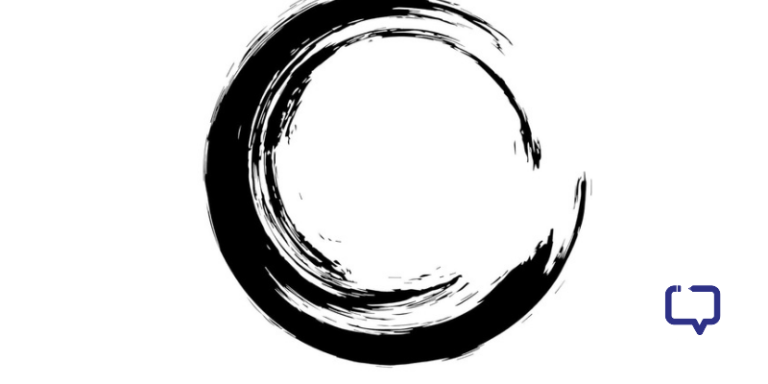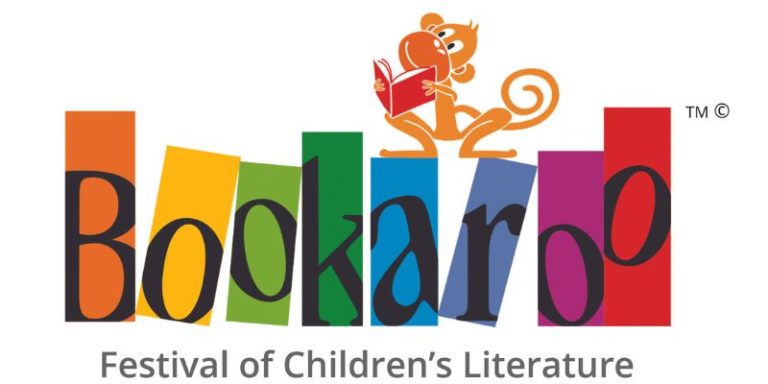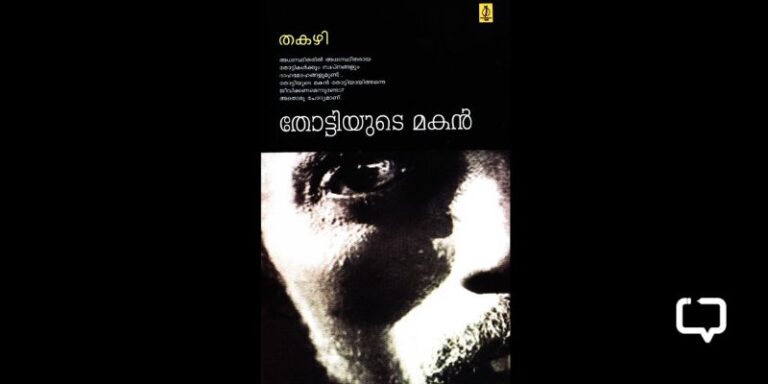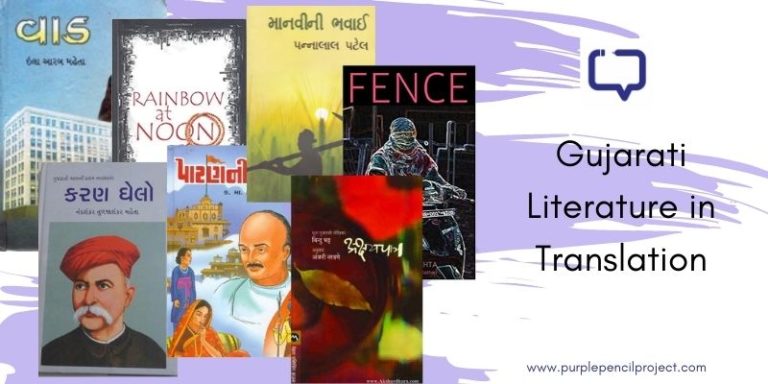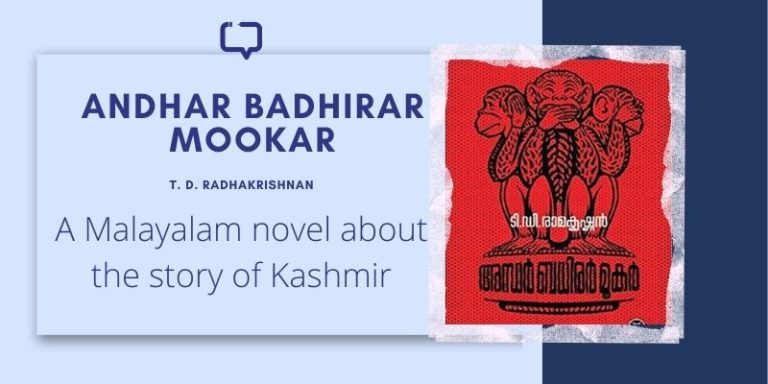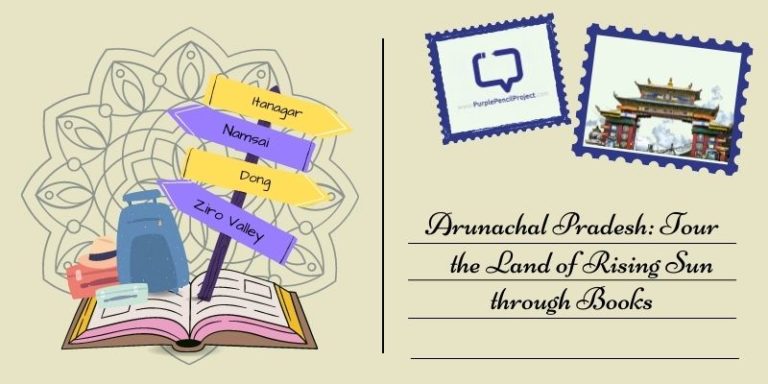Rahul Vishnoi reviews The Birth Lottery and Other Surprises by Shehan Karunatilaka (published by Hachette India, 2022).
The imaginative ground on which Shehan Karunatilaka’s The Birth Lottery and Other Surprises is based could not be more different from the ground reality of Sri Lanka today. The technological marvels of self-driving cars (with surrounding airbags) and a seemingly divine utopia that provides decades of peace after a long civil war—all these figments of speculation run through many stories of Karunatilaka.
Although I haven’t read the author’s Booker-winning book, The Seven Moons of Maali Almeida, he is said to be known for his dry wit and humour, both of which dance through these stories in full-bodied blossom.
Snapshots of Wit
I savoured the sunsets in the hills, the meals at the club and the evenings with dusky maidens. I gambled seldom and fell to the amber nectar hardly and, thus, saved most of my generous stipend. And then I made the folly that has ruined many free men and will continue to ruin more as long as the skies are blue. I took myself a wife.
– Shehan Karunatilaka, The Birth Lottery
Some stories, even as short as a single page, pack a savage punch. One of such stories, even though just one page long (short?), could be the basis of a PhD thesis. It deals with the notion of how even gods are riddled with the very weight of expectations.
Tales Twisted and True
Karunatilaka urges you to throw away the order and the sequence and read the stories in The Birth Lottery chaotically because he himself does that. He even categorises his stories to suit the tastes of his readers. He classifies some of them as stories with a twist, while some of them are in the category where nothing happens. Some stories inspire the presence of God, while some allude to godlessness.
The stories in The Birth Lottery are dripping with sarcasm, irony, wit, and humour. Shehan finds a way to put a smile on the reader’s face, no matter how grim the skeleton of the story he is telling is. There are stories about cats in prisons and dogs on beaches. There are even animals having a philosophical conversation with Buddha. The range of imagination is simply vast here.
Recommended Reading: Chinaman by Shehan Karunatilaka Review- A Cricket Novel Like No Other
The winning of Booker and the subsequent follow-up with the publication of The Birth Lottery, a short story collection, reminds me of another BIPOC writer who did just that- Aravind Adiga. His The White Tiger was followed by a short story collection, Between the Assassinations, that explored the changing times between the assassinations of Gandhi’s mother-son PMs. The first story from that collection, where a bookseller, despite being beaten by police, doesn’t stop selling banned books, has stayed with me over the years.
Adiga’s short stories, as opposed to his debut novel, looked at humanity with an optimistic gaze, exploring the gentler side of humans. Karunatilaka is in no mood to offer any such good-faith discount to the people. One of his stories about a self-driven car (yes, there are a lot of these in alternate Sri Lanka that Karunatilaka imagines) that is about to crash is a vehicle that shows how even machines, obviously programmed by humans, prefer commercial gains to save humanity. A short story entirely written in the form of text exchanges between a husband and a wife takes bitter-and-sweet turns so quickly that you don’t know if what’s happening is real or a prank.
Building a “Paradise” ft. Ceylon Islands
In the Ceylon Islands, a corporate magnate buys islands that float near the equator between Somalia and Maldives and invites the brightest of minds to build a new Sri Lanka. He wants to give an experience of Sri Lanka in a place free of Sri Lankan bureaucracy and corruption. But there is a catch- only those with Lankan roots and blood are given a visa. The islands have become the most successful tourist destination of all time, with an annual turnover of 300 billion. There are hovercrafts, hot air balloons and air taxis to transport the tourists. You could smoke Bluetooth cigarettes or pop pills containing morphine, nicotine and red wine. Notice the audacity of the imagination:
By 2028, The Ceylon Islands had been sculpted into the image of a collective dream and boasted a GDP that eclipsed Switzerland and Luxembourg, despite it still being a privately owned conglomerate.
– Shehan Karunatilaka, The Birth Lottery and Other Stories

Alas, only if Karunatilaka’s imagination could take hold on the soil of reality. It is in this man-made utopia that a bus full of little school girls has a bomb. One of my favourite quotes is from this story:
How does one destroy something based on all that is good and just? It is simple. First add violence. Then add religion.
– Shehan Karunatilaka, The Birth Lottery and Other Stories
Chronicles and Conundrums: Time Travel and Moral Dilemmas
Then there is the story about a Time Machine and other futuristic weapons like gravel guns that fired pebbles to pinpoint accuracy, night binoculars with 100x zoom, boots that left no footprints, canisters that turned air moisture to drinkable water, boomerang daggers, elephant-repellent, encryption wires and fire rocks: all crafted by Tamilian scientists working for Prabhakaran. Here, the keeper of the weapons decides to use the Time Machine for himself, ignoring the warning of a general.
Karunatilaka heeds the submission guidelines of Clarksworld that warns the writers not to make the time travel as easy as it is shown in TV and films. In this story, only the scholars with advanced degrees in Physics could travel in time, or you risk getting splattered on the machine. The stories have a fibre of darkness that sometimes is laced with wicked humour. It’s astounding how someone can find humour even in the most hopeless situations. But what does the time traveller do after he travels into the past? You must find that out.
One of the most poignant stories in The Birth Lottery is set in UAE, around the Lankan nannies hired by rich Lankan emigrants. The nannies are not called by their names but by the name of the person working before them, lest the child get confused. It shows human nature at its worst. The girls are beaten or not given enough food. The way the writer has woven the story around the dialogues, with the nannies normalising each other’s abuse, is harrowing.
Favourite Lines from The Birth Lottery by Shehan Karunatilaka
These lines perfectly resonate with the titular philosophy:
What is God’s grace? It’s all just shit luck. Where we are born. Which houses we get. Nothing is planned. Everything is a sweep ticket.
Is it better to be a rich man’s pampered dog or a poor man’s abused child? Is human birth superior without exception to being born a beast? Is beast birth superior to plant or microbe birth? Does every creature think of itself as the centre of the universe?
Conclusion
The humanity (or lack of) these stories portray will make you uncomfortable for the majority of the book. Dive into it with a big ol’ cheeseburger for added comfort.
Have you read this collection of technological wonders, philosophical debates, and biting humour? Share your thoughts with us in the comments below!










